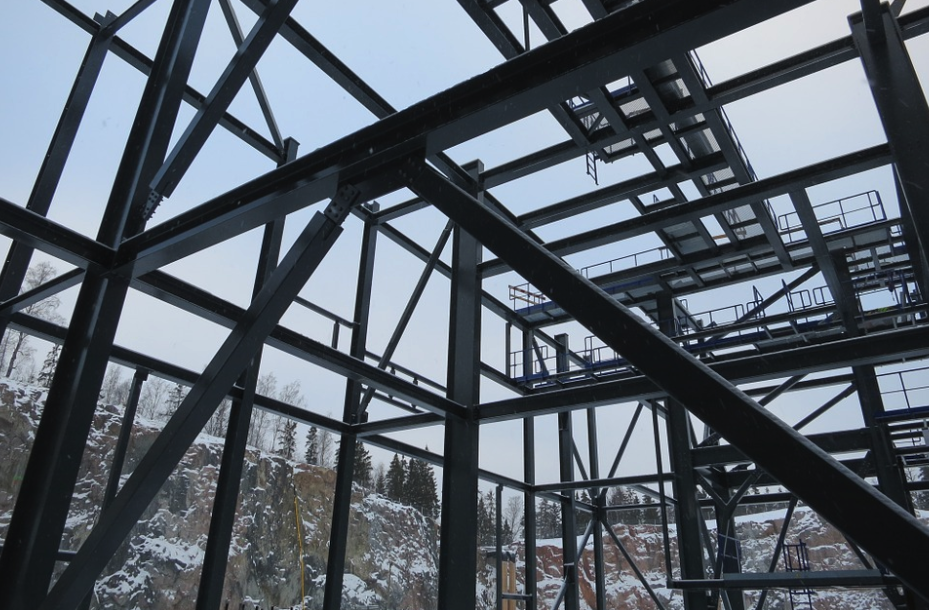Is burning EPS toxic?
Test reports conducted by the National Research Council state: “The maximum toxicity index obtained from the combustion of polystyrene was of the same order as that of wood.” Fox Blocks ICFs have been tested to meet building code requirements for flame spread ratings, smoke development and toxicity

ICF Construction in Michigan - Everything You Need to Know

Brewery Construction: Build a Highly Durable, Energy Efficient Building
Brewery construction, like brewing itself, is both an art and a science. The building must not only be aesthetically pleasing, but also functional and durable.

ICF Construction in Texas - Everything You Need to Know

11 Benefits of Concrete House Construction
Concrete house construction provides homeowners with many benefits, including energy-efficiency, durability, and low-maintenance.

6 Trends for New Resident Hall - Dormitory Design and Construction
United States (U.S.) student housing construction projects are experiencing rapid growth, with investments in student housing reaching $9.8 billion in 2016 and $8 billion in 2017.

Top 22 ICF Commercial Construction FAQs
Commercial ICF construction has strict standards, codes, budgets and timelines to follow, and making sure you implement ICFs accurately and efficiently is important. We compiled a list of the top ICF FAQs we get to help you feel confident in your decision to choose Insulated Concrete Forms for your next project.

3 Problems with Steel Frame Construction and Why ICF is a Better Alternative
There are three problems with steel frame construction that affect the safety, efficiency, and durability of the structures they create.

Utilizing Insulated Concrete Forms (ICFs) for Construction in Wyoming

Are Poured Basement Walls Better than CMUs for Below-Grade Construction?